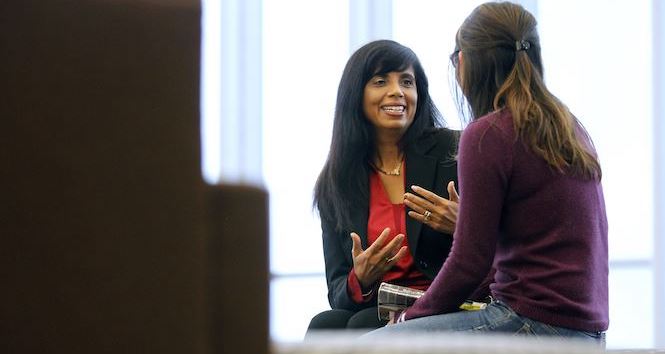
Dr. Veena Howard, Daughter of Refugees
Director of the M.K. Gandhi Center: Inner Peace and Sarvodaya
By Sarah Hodges
In 1947 Veena Howard’s parents’ life changed very suddenly one morning as they walked away from everything they knew, not knowing where they would find safety or when they could return home. They had a growing business, a thriving life, a comfortable home, and a six-month-old son. They lost nearly everything except their son. Today, 75 years later, their younger daughter Veena has arisen from her family’s odyssey through destitution to become an internationally recognized scholar and champion of peace and Gandhian nonviolence.
During that hot monsoon summer of ‘47, a brutal partitioning of British-ruled India took place, freeing most of India to become the new Republic of India, while splitting off the heavily Muslim portion of the country to become the new nation of Pakistan. It was not a “clean split”, of course, since Hindu and Muslim communities were mixed on both sides. Veena’s parents, from Hindu/Sikh backgrounds, were no longer welcome in the homeland their families had been in for hundreds of years. As Britain withdrew its power from India, Hindus in the northwest part of British-ruled India were forced to seek refuge in the eastern and southern parts of the country, displacing hundreds of thousands of people overnight. Likewise, many Muslims, who had coexisted with Hindus for centuries, feared for their safety and fled West the newly formed Pakistan.
As Veena’s family left their home on foot in from what was suddenly turning into Pakistan, they asked their Muslim neighbors to look after their house until they were able to return. As events unfolded, Veena’s family was never again able to return to their house or their home region. Their treacherous journey which took weeks, scattered with violence and terror on their way south, landed them in the new Republic of India, in the state of Uttar Pradesh. They brought with them a deeply rooted faith and spirituality, and a resilience that only grew stronger in the hardships they faced.
Veena, a beloved friend and frequent presenter at Still & Moving Center, heard stories throughout her life about her family’s escape from what is now Pakistan. “I grew up 20 years after their journey to their new home,” recounts Veena. “My grandmother, uncles, dad, and mom all used to tell me stories of their exodus, homelessness, and humiliating life in the refugee camps – but I don’t remember there being any bitterness in their hearts.” Instead, Veena witnessed her father’s innovation and devotion to his family, her mother’s deeply rooted spirituality, her uncles’ and aunts’ unity and drive. Her father went to the streets to sell goods and created a new business. Slowly her family re-established themselves. However, as they rebuilt their life they were unable to forget the experience of losing everything.
When people are forced to leave their homeland and take refuge elsewhere, they lose their innocence and sense of security. Veena could see how resilient her family was, yet they were also clearly changed by the losses they endured. Veena remembers how frugal her father was, saving every dime and investing in gold instead of holding on to cash, since the only valuable item they had been able to bring from their home during their escape was jewelry.
When violence occurs, generations to follow feel its effect. “My parents’ understanding of frugalness and detachment, not calling anything “mine” because it may be taken away from us, came from the exodus they were forced into. I inherited that,” says Veena. “Even though I live in the US, I always fear how things may change. In the back of my mind, I am always thinking about uncertainty and unexpected changes. I cannot fully attach to my home, my belongings…”
Mahatma Gandhi had worked through his nonviolent activism to free India from the British Empire without bloodshed. Yet, with India’s freedom came its division: the new Muslim Pakistan on one side, and the remainder of India on the other side, with its large Hindu population. Even Gandhi was not able to stop the religious violence that took place after the partition. Yet he was able to help some people see that there was a different choice, that they could choose peaceful action. Veena chose to dedicate her life to the study of Mahatma Gandhi’s philosophy and exemplification of peace and nonviolence, as her way of responding to the violence that permeates not only her homeland, but most of the globe.
A year ago, in May of 2021, Veena became the first Endowed Chair in Jain and Hindu Dharma at Fresno State Univerity, installed in a ceremony at the University’s Gandhi Peace Garden. Most recently, she was selected as the Director of the university’s newly formed M.K. Gandhi Center: Inner Peace and Sarvodaya (Uplift of All). She continues in her position as the coordinator of the university’s Peace and Conflict Studies program.
There are so many people throughout the world still facing the challenges and horrors of displacement and war. “Structures of violence create these conflicts,” says Veena. She feels a strong purpose in studying peace building to counter the ignorance which violence comes from. “Those who inflict violence do not truly understand the human cost,” explains Veena. “The cost of violence is human dignity and lasting destabilization. The cost is SO heavy. When we choose violence we can destroy whole generations.”
“My healing comes through my studying and teaching. I think about the cost of violence all the time – in the form of diaspora, loss of homes, loss of innocence, dignity, and trust in humanity. Women’s bodies often become the focus of violence,” Veena expresses. “Yet, I am encouraged by how beautifully students responded to the principles and practice of nonviolence.”
As she shares these impactful teachings and exemplars of peace with her university students, Veena can feel the cycle of violence starting to break down, raising her hopes for the uplift of all humanity.
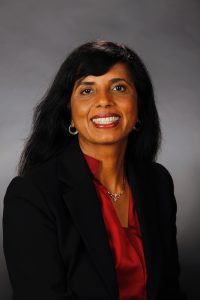
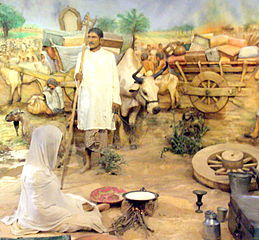
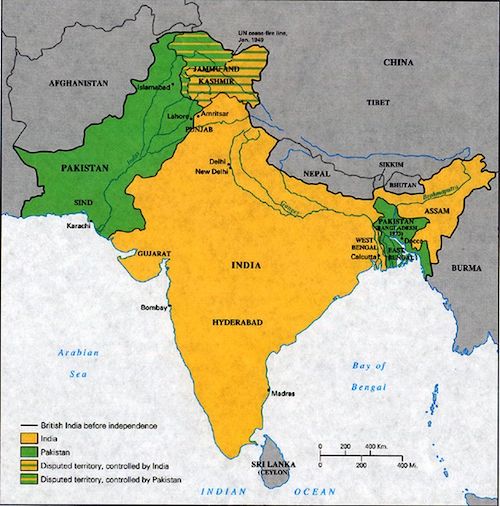
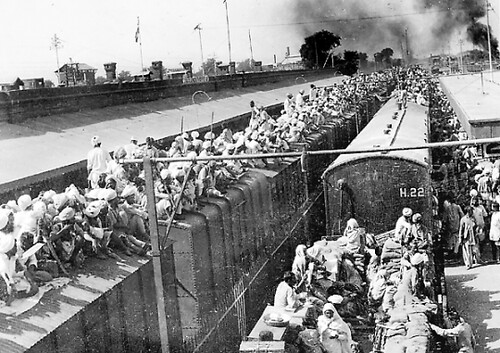
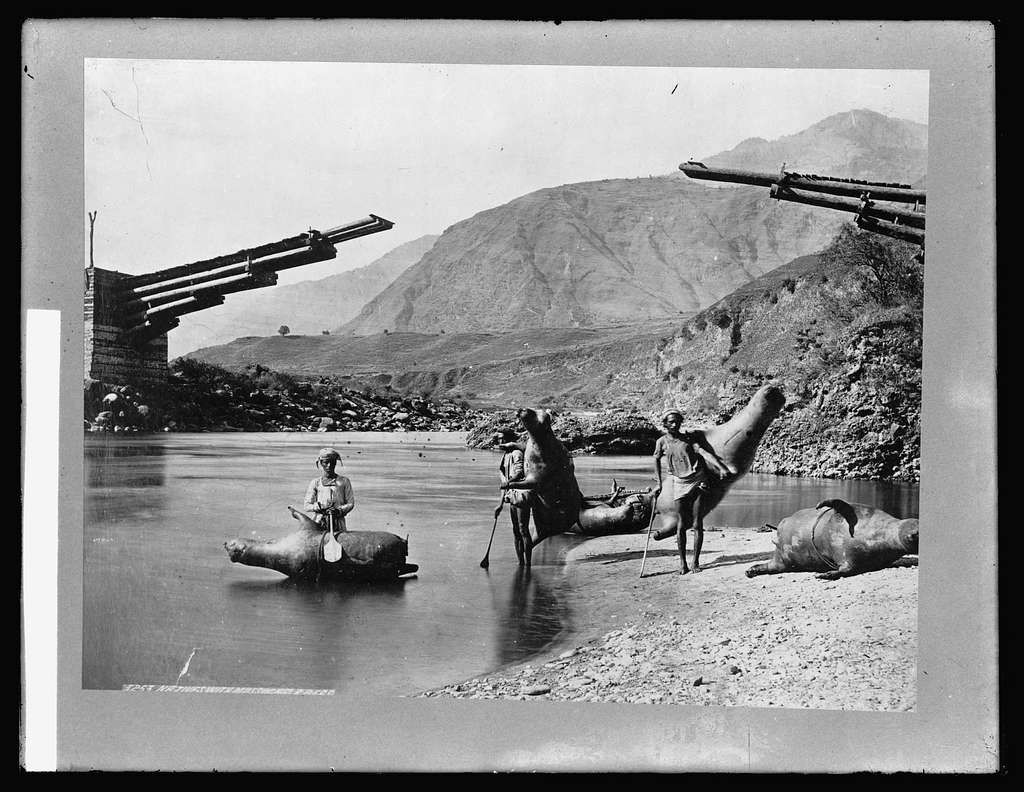
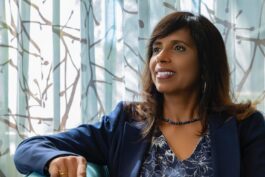
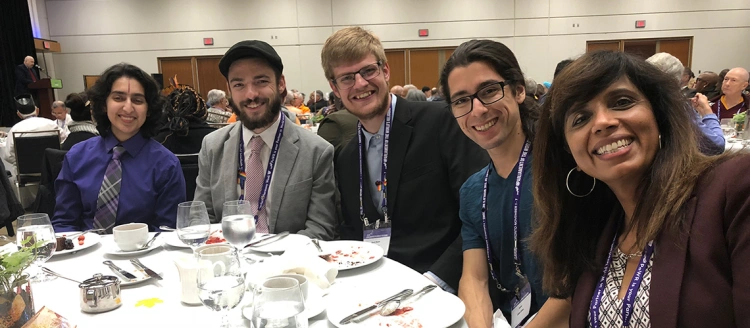
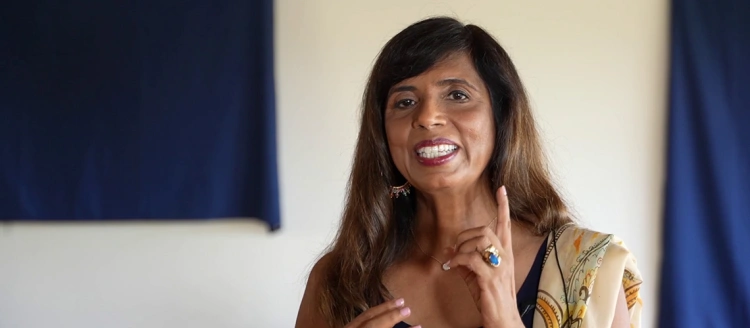

Get the Still & Moving App
This post is also available in: 日本語 (Japanese)

